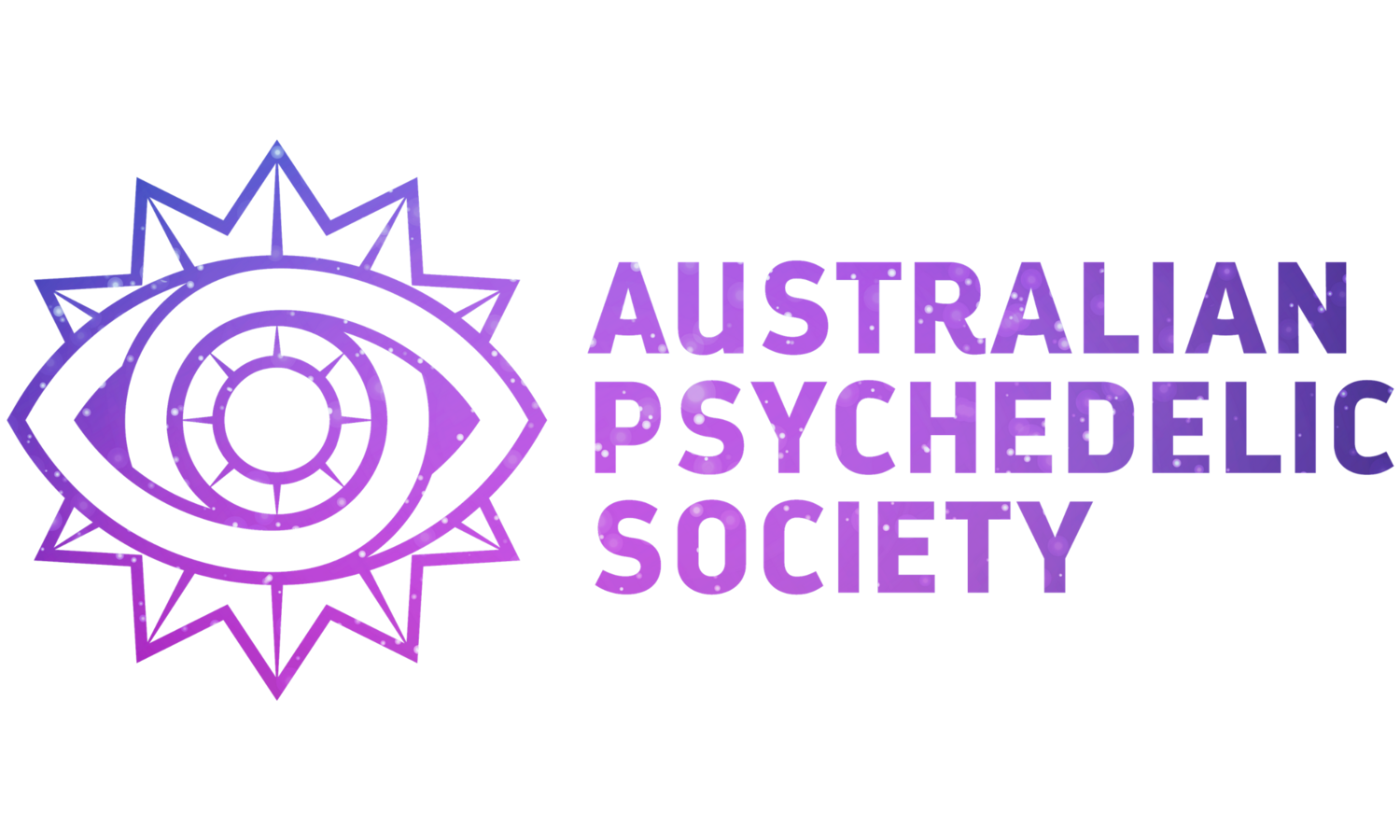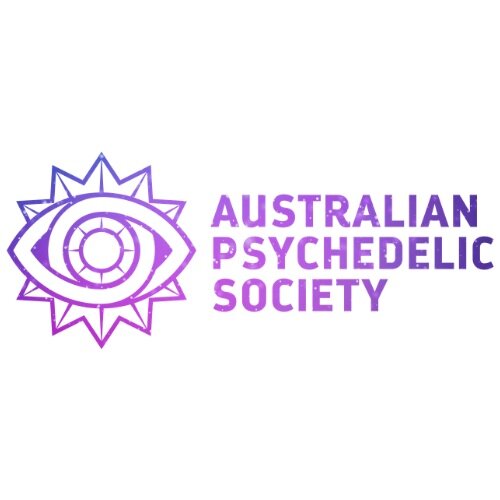APS Bookclub Review: Michael Pollan's How to Change Your Mind
By Mark Devitt
Well, if the first book club meeting for this year was anything like last year, it was not what we expected. At our last event in 2020, about two dozen of us gathered in the Rigpa hall in Newtown, all ready to discuss Michael Pollan’s 2018 book: How to Change Your Mind. The ‘group mind’ of the discussion quickly changed a few times over the evening and by the intermission for snacks and chats the tone was that of an open floor discussion of all things psychedelic in general. This was remarkable, as we had been discussing this only days earlier, regarding this event: should we sit in a circle? Or with rows with the panel upfront? We wanted to make sure that there was some structure but also make sure that it was heterarchical rather than hierarchical, encouraging discussion and knowledge creation of a rhizomatic and horizontal network of mycelium rather than the rigid, vertical tree-like structure. We eventually settled on a semi-circle with 3 people reviewing chapters of the book upfront and in any case, we certainly had a very mushy kind of evening (in a metaphorical way, but appropriate nonetheless!) and we all managed to have enough decorum to give each other space with an organic dynamic and build upon what each other had to share.
The full title of Pollan’s book is How to Change Your Mind: What the New Science of Psychedelics Teaches Us About Consciousness, Dying, Addiction, Depression, and Transcendence. Early on in the evening, we were confronted with an important issue focusing on just two of those words: consciousness and transcendence. One of our book club members expressed a deeply felt need to have some serious and quite candid discussion about the best ways to take psychedelics. He was tired of the intellectual discussion; he explained he wanted more pragmatics about actual practice. We all clarified with him that he was not asking for a discussion on sourcing, because of legal issues. It is a thorny area for APS when we start talking about the best ways to ingest psychedelics – and that really sucked, having to face the same old quandary. Perhaps this ‘New Science of Psychedelics’ could sell out for chump change and push for clinical and corporate control of psychedelics for dying, addiction and depression only, and not for positive exploration of consciousness (even when we are not ill), for spiritual transcendence, as the title of the book implies.
So, let us just say we all ended up having an informal conversation about all things psychedelic, and tried to weave in insights from the book where we could. This made for a very pleasant, warm atmosphere by the second half of the night. Pollan’s first chapter, ‘A Renaissance’, comes to mind along with the numerous coffee houses that sprang up in 17th century Europe, with the coffee house concept having been brought back from voyages into Safavid Persia, Arabia, and other Islamic lands. This coffee house tradition contrasted with the mainstream pubs and was a place where (originally anyway) lords, peasants, and all classes could meet in an egalitarian environment and have lively discussions about books they had read. As well as the latest scientific discoveries, and the ways in which they might change the world of absolute monarchy and church-sanctioned torture into something more humane, they also discussed how they might change their minds. Doubtless, there were book clubs in such renaissance coffeehouses in the 17th century that were the foundation for democratic revolutions of the 18th century. And indeed we have Baudelaire, Dumas, Balzac, Hugo and Nerval - Club des Hachichins, "Club of the Hashish-Eaters" - describing their experiences with super-strong edibles in the 19th-century coffee houses of Paris. Baudelaire later speculated from these experiences whether psychedelics could theoretically aid humankind in reaching an "ideal" world. If we are experiencing a new renaissance as Pollan has put forth, and we do not want the psychedelic experience to be locked away from healthy people, then clubs like the hashish-eaters are essential. We know that they exist - we just cannot speak about them or their activities in any detail. This was one strongly expressed vexation voiced by several, if not all, members of the book club. It would really suck if the ‘new scientific renaissance in psychedelics’ amounted only to palliative care and not to cognitive liberty as well. If we want our book clubs to be as effective as those of the renaissance coffee clubs in engendering emancipation and real-world change, then we are doing something right, at least, in fostering the fearless discussion and camaraderie that was felt that night, at the first APS book club meet for this year.
My apologies for the late review – we look forward to more book club events soon, and an assortment of warm drinks as well as coffee, as we move into the darker half of the year.
Real Deal Renaissance!
No Chump Change! (for your health)

